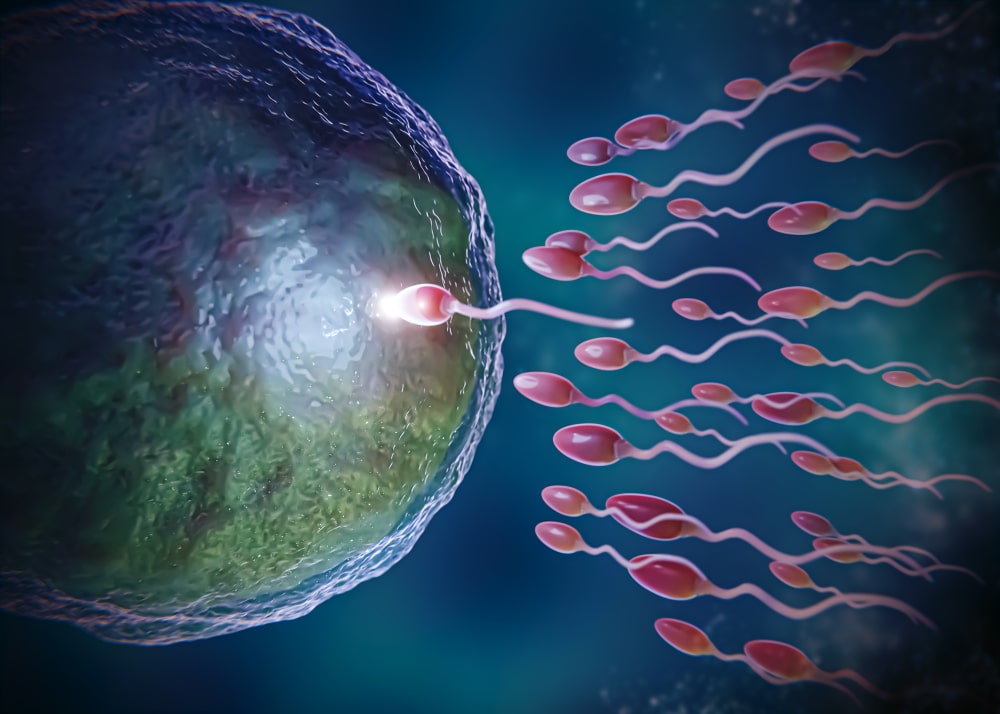
Infertility, commonly known as infertility, is defined as the inability to achieve pregnancy despite regular unprotected sexual intercourse for a year or more.
Although infertility often does not cause symptoms, menstrual irregularities can be a sign of ovulation problems. In women younger than 35 years of age, if there is no pregnancy despite trying for 1 year, a doctor may be consulted. Between the ages of 35 and 40, a six-month trial is considered sufficient. For couples who wish to have children after the age of 40, treatment is started as soon as possible after the examinations deemed appropriate by the specialist physician. If there is a known infertility problem between the spouses, irregular or painful menstrual cycles, genital infection, recurrent miscarriages, cancer treatment or known endometriosis, in these cases, earlier examination and treatment can be started.
Infertility; While it is possible not to have children at all, it may also be possible for couples to have one or more children but not be able to have children for more than a year, even if they want to. Primary infertility is defined as not having any children, and secondary infertility is defined as not being able to have children again even if one wants to. The reasons for both may be the same or different.
Infertility may often not cause symptoms. The most common symptoms that occur in women include:
